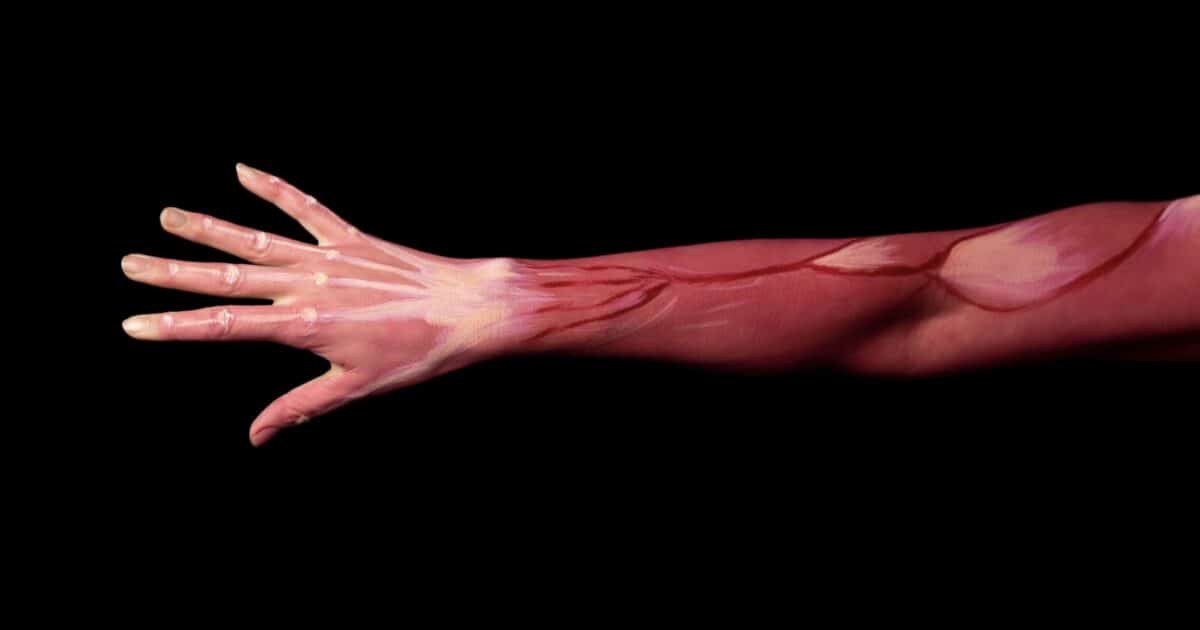
Dr. Jonathan McLatchie holds a Bachelor's degree in Forensic Biology from the University of Strathclyde, a Masters (M.Res) degree in Evolutionary Biology from the University of Glasgow, a second Master's degree in Medical and Molecular Bioscience from Newcastle University, and a PhD in Evolutionary Biology from Newcastle University. Previously, Jonathan was an assistant professor of biology at Sattler College in Boston, Massachusetts. Jonathan has been interviewed on podcasts and radio shows including "Unbelievable?" on Premier Christian Radio, and many others. Jonathan has spoken internationally in Europe, North America, South Africa and Asia promoting the evidence of design in nature.
Archives


Is Complexity an Argument Against Design?
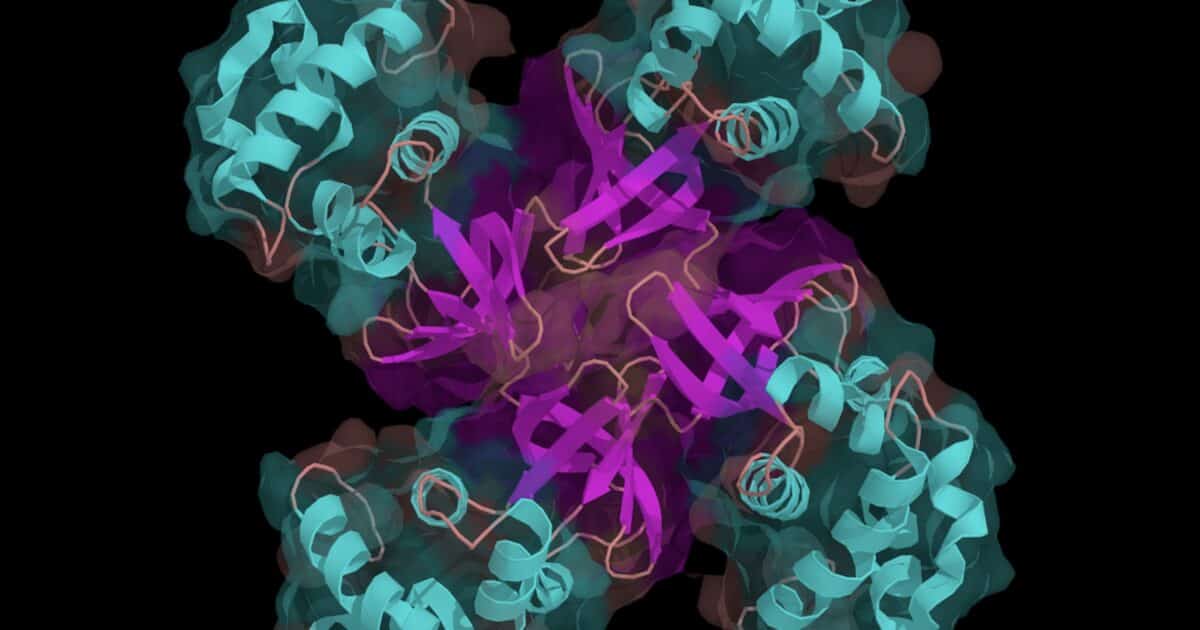
The DNA Replisome: A Paradigm of Design

The Incredible Design of Muscles
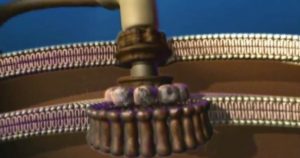
A Misguided Critique of Irreducible Complexity
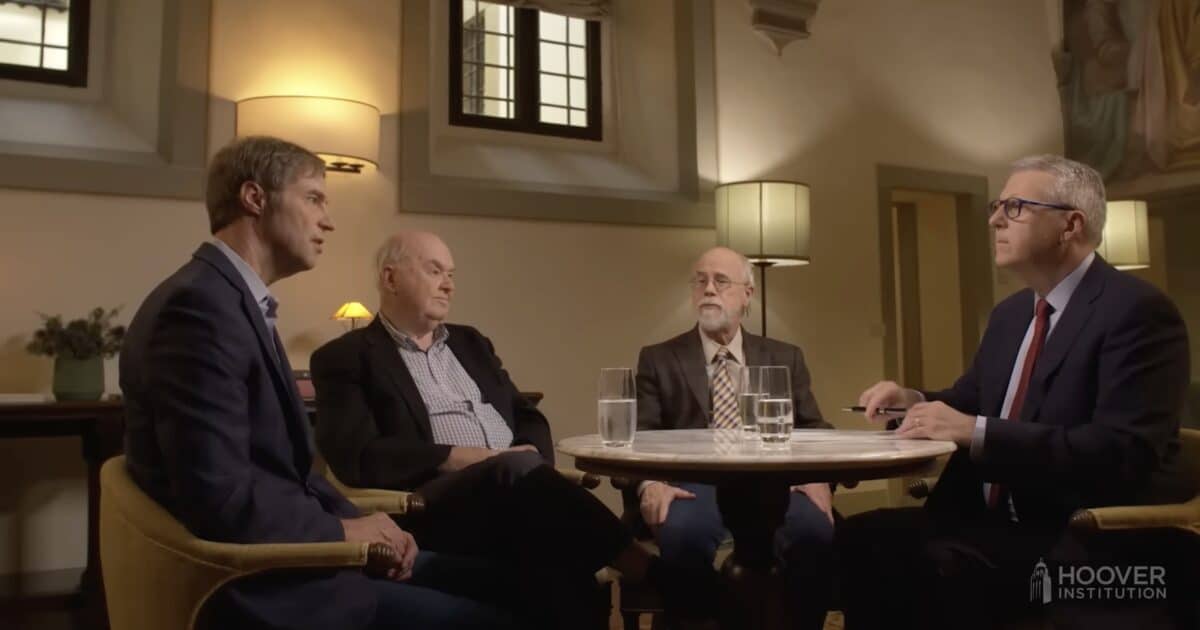
Are Proponents of ID Religiously Motivated, and Does It Matter?

In Its Design, the Body’s Thermostat Resembles Human Technology
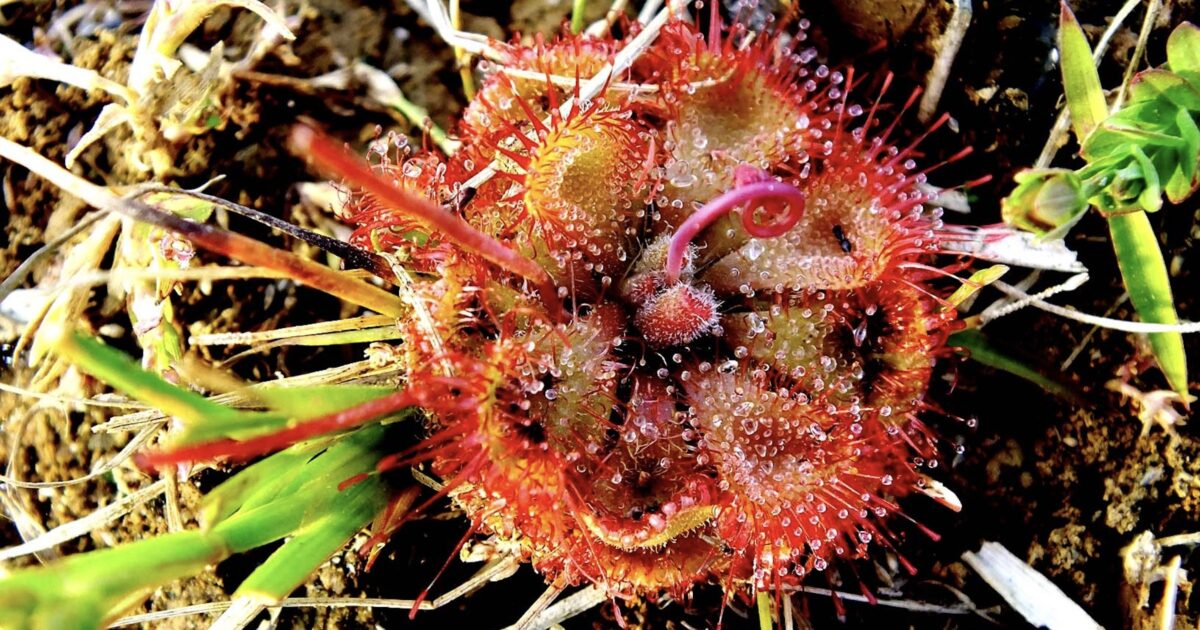
Carnivory in Plants: A Problem for Evolution
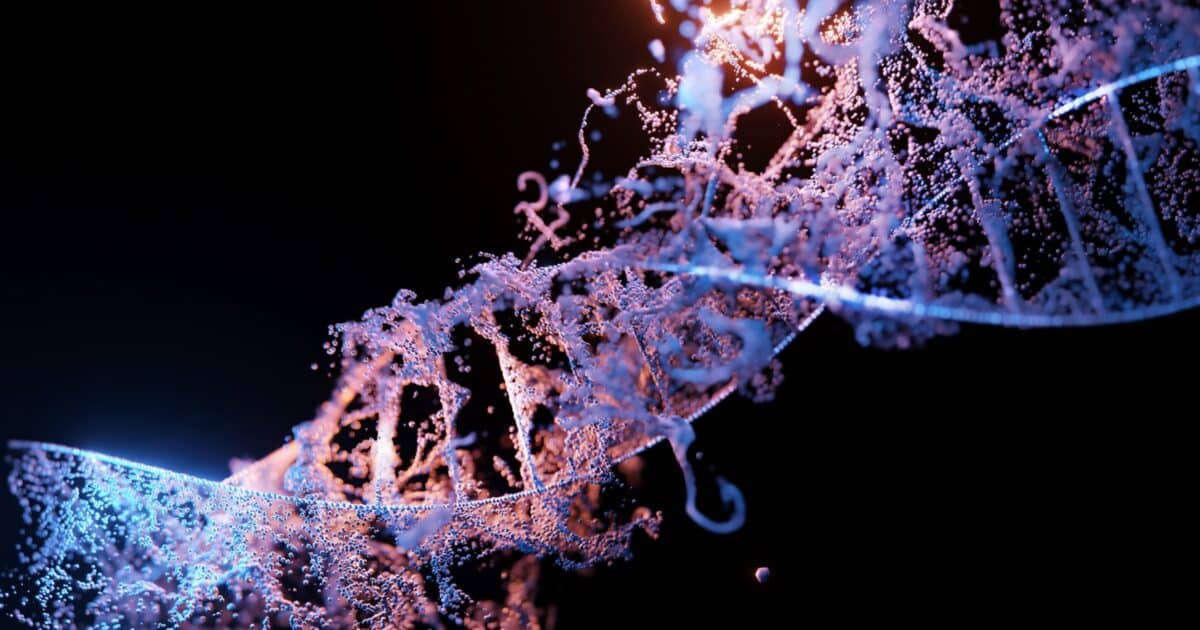
Atheist Philosopher Explains Why Intelligent Design Is Not a “God of the Gaps” Argument
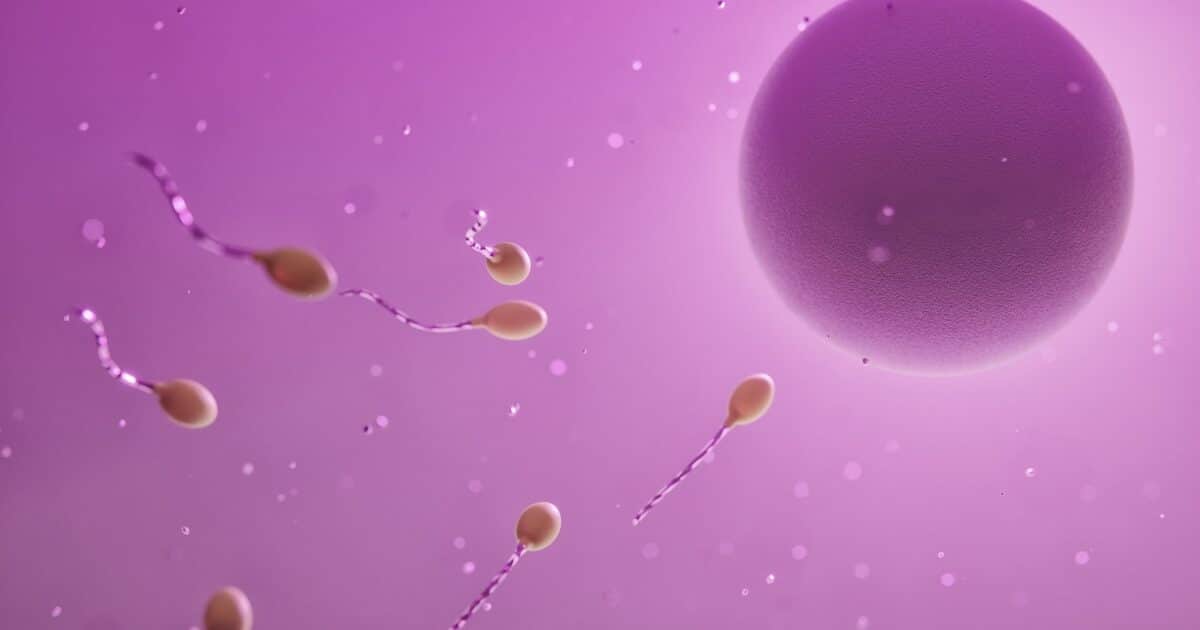
The Exquisite Design of Egg Cells

Sex: A Masterpiece of Design

Sex: Engineered for Success
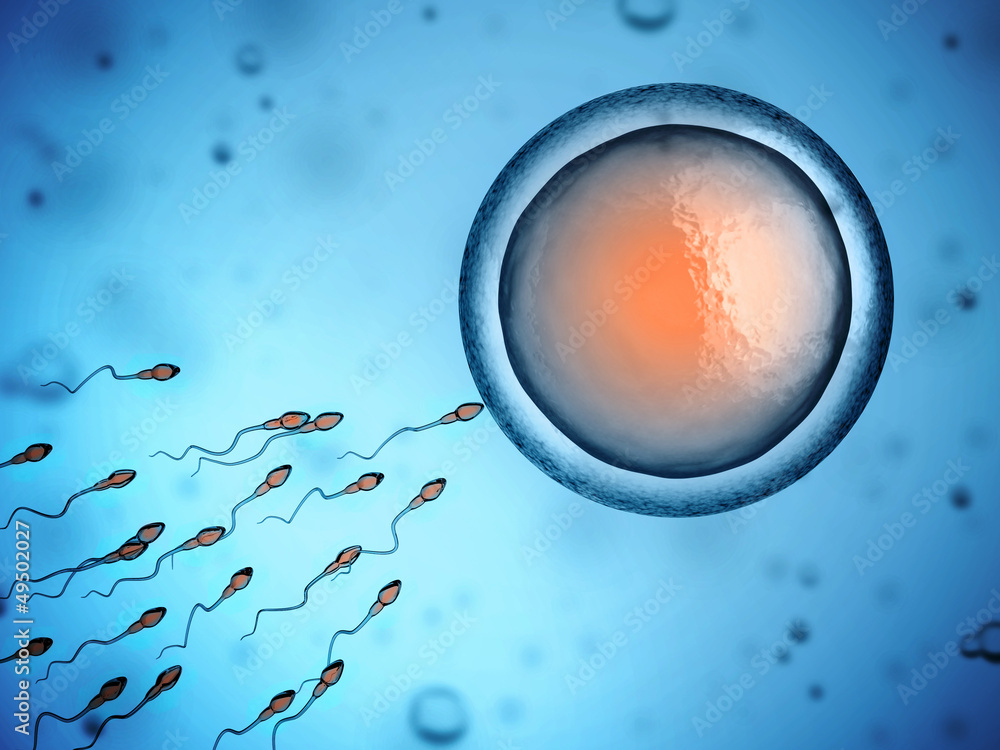
Sex: A Spicy Problem for Evolutionary Theory

No. 9 Story of 2023: Irreducible Complexity of Sperm Cells

Jonathan McLatchie on the Gift of Hearing
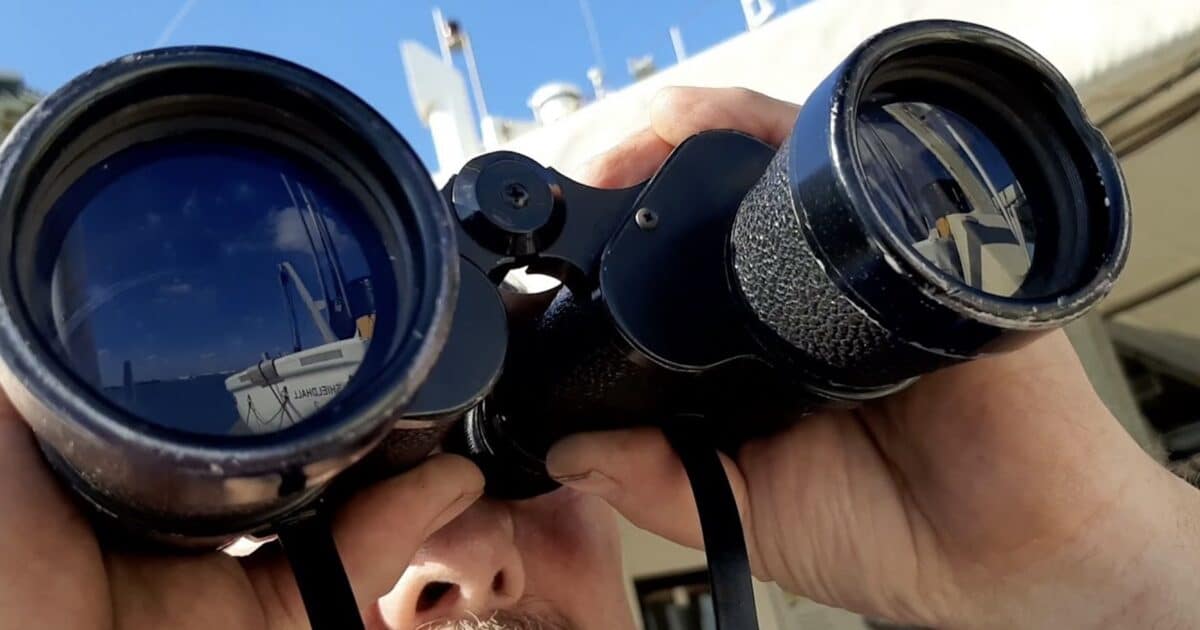
Why Science Needs a Scout Mindset: Lessons from Julia Galef

The Sense of Hearing Is a Masterpiece of Engineering

Bayesian Probability and Intelligent Design: A Beginner’s Guide

Understanding the Biochemistry — and Intelligent Design — of Muscle Contraction
